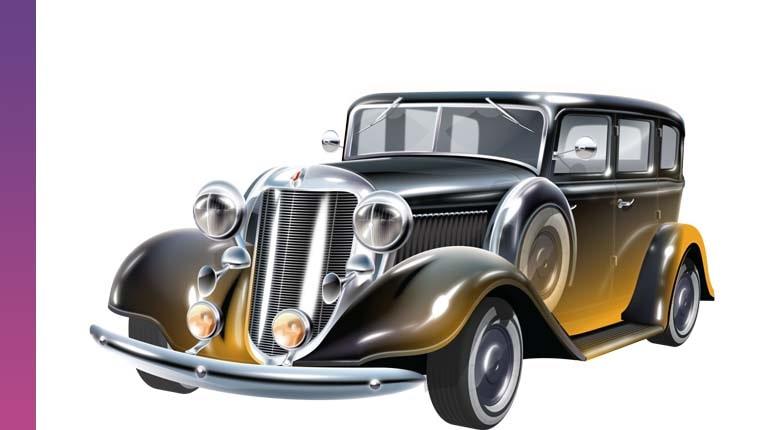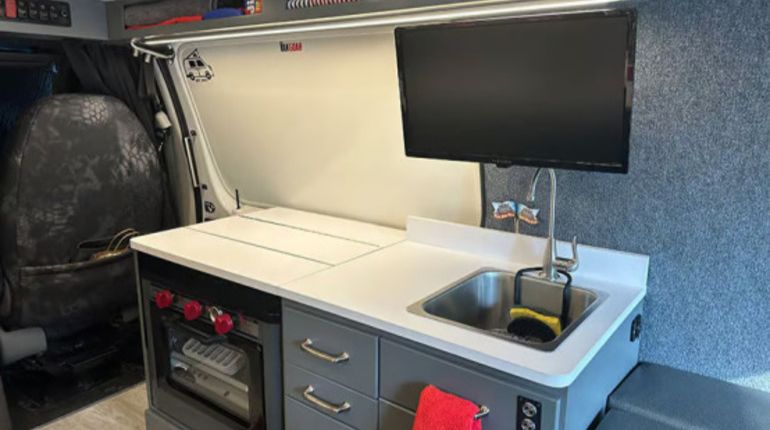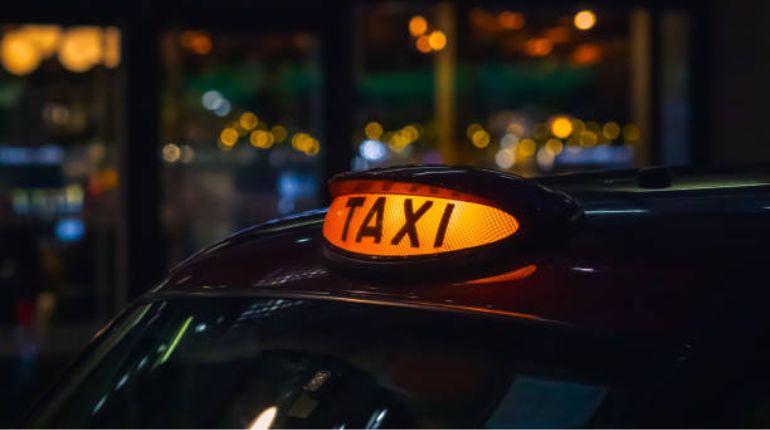HPI check for classic cars is essential for prospective buyers and owners alike. It provides comprehensive information about the history of a classic car, including details about previous ownership, outstanding finance, mileage discrepancies, and whether the vehicle has been stolen, written off, or involved in any accidents. Conducting a Free HPI check ensures peace of mind and helps make informed decisions when purchasing or valuing a classic car.
Table of contents
Classic car HPI check :
Investing in a classic car can be a blend of emotions and finances. While our hearts guide us in pursuing a beloved model, it’s essential to consider the practical aspects.
Amidst the confusion of choosing the suitable model and determining the budget, understanding the car’s history becomes paramount for investment success. This is where the Classic car HPI check proves invaluable. In this guide, we will provide a step-by-step process for conducting a full hpi check for older motors, commonly called classic or collectible cars.
Does a classic car qualify for an HPI vehicle history check?
Yes, conducting a classic car history check is essential for Classic car buyers as it reveals crucial information, including:
1. Outstanding finance: classic car HPI check reveals if there’s any Outstanding finance on the classic car, indicating potential ownership complications.
2. Written off: Classic car vin check uncovers if an insurer has previously written off the classic car due to significant damage or accidents.
3. Stolen: Classic car history checks flags if the classic car has been reported stolen or has a stolen history, helping buyers avoid legal and financial risks.
4. Vehicle identity: Classic car reg check verifies the authenticity of the classic car’s identification number (VIN), ensuring it’s not a counterfeit or tampered vehicle.
5.Other issues: Classic car vehicle history report provides insight into past owners, registration transfers, import/export history, color changes, and the current MOT status of the classic car.
What happens if I buy at auction?
When buying a classic car at auction, it’s essential to understand how the HPI check works in this scenario. Here’s what you need to know:
Obtain Vehicle Information: Ask the auctioneer for the car’s registration number or the VIN (Vehicle Identification Number). Auctioneers often mask the number plate but provide the VIN instead.
Accessing the HPI Check: With the registration number or VIN, you can conduct an old car registration check to access the vehicle’s history and ensure its identity. Having the complete VIN is crucial, as sometimes only the last five digits are provided.
Locating the VIN: The VIN can be found on the vehicle chassis, windscreen, old-style service booklet, or a metal plate in the engine bay. The V5C logbook also contains the VIN. Read more on how to find vin from the number plate.
By obtaining the necessary information and performing a Classic car vehicle check, you can delve into the vehicle’s history, confirm its authenticity, and make an informed decision when purchasing a classic car at an auction.
Will a vehicle history check work for a Q number plate?
“Q” plates cannot be sold because they are not transferable. Suppose sufficient documentary evidence is provided to prove a vehicle’s age. In that case, the DVLA may issue an age-related vehicle registration number plate, but transfers to “Q” plated vehicles are currently prohibited. There is no justification for a Q plate to lack a complete vehicle history.
Should I buy a ‘classic car’?
Deciding whether or not to purchase a classic car can pose a challenging dilemma. Multiple factors need careful consideration, from maintenance costs to the vehicle’s past. The seller or dealer must disclose the car’s age and registered location. It is crucial to remember that classic vehicles must adhere to specific standards to ensure their road legality.
The DVLA, DVSA, MIAFTR, and other organizations will record the vehicle’s driving history if it is UK-registered and not a “true” import. These requirements help to ensure that classic cars are safe and roadworthy.
Another factor to consider is the vehicle’s history. Classic cars often have great historical significance and can be fun to collect and show off. However, they can also be expensive to maintain. Before deciding, weighing all the pros and cons carefully is essential.
Do classic cars require an MOT?
No, in the UK, if a vehicle is over 40 years old, it is exempt from MOT rules. Introduced in 2017, it aims to prevent classic cars from being taken off the road due to MOT failures. While the exemption applies to all cars, modified vehicles and those used commercially (like taxis) still require an MOT.
While classic cars over 40 years old are exempt from the MOT test in the UK, owners must still maintain them in a roadworthy condition. Additionally, owners should remember that road tax and VED (Vehicle Excise Duty) still apply, and driving an unsafe car can lead to fines and penalties.
How to check classic car history?
To find a classic car’s history:
Get the VIN: Locate the Vehicle Identification Number (VIN) on the car or its paperwork.
Perform an Online Check: Use reputable websites for a classic car history check. Enter the reg number to access details like previous owners, accidents, mileage, financial status, etc.
Review Documentation: Examine the logbook (V5C) and service records for the maintenance history and important information.
Consult Classic Car Experts: Seek advice from clubs, forums, or enthusiasts with knowledge about the specific make and model.
Contact Previous Owners: Contact previous owners for additional insights about the car’s history.
By following these steps, you can uncover the history of a classic car and make informed decisions regarding its purchase or further investment.
I only have an old-style VIN – can I still get a classic car HPI check?
You can still obtain a classic car checker with an old-style VIN but no number plate. The VIN can be located on the VIN plate inside the engine compartment or stamped elsewhere on the vehicle, such as under the windscreen or inside a door.
However, it’s important to note that if you wish to contact the DVLA or inquire about insurance for the vehicle, you will need the UK number plate. The VIN will enable you to comprehensively check the classic car’s history and other Important details.
FAQ
1. How old is my classic Car?
According to the information, a classic car is typically considered at least 20 years old but at most 40 years old for insurance and registration purposes. The Car should have been maintained to its original design and specifications to register and ensure it is a classic.
2. How do I track a classic car VIN?
To track a classic car VIN, you can use online vehicle history report services or contact the manufacturer directly for assistance with locating and tracing the vehicle’s VIN.
Related Blogs :
The best guide for Free car HPI check Alternative








